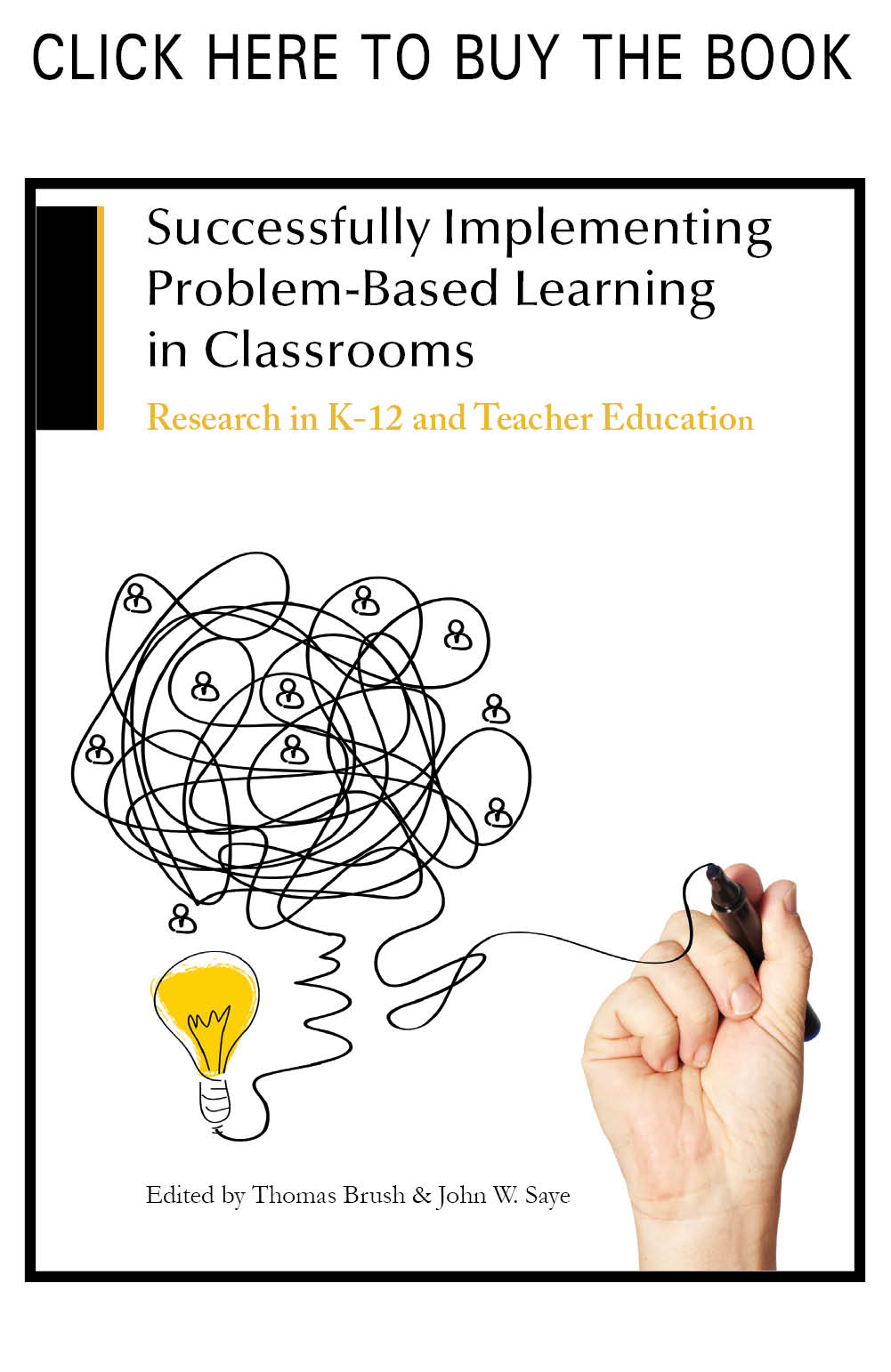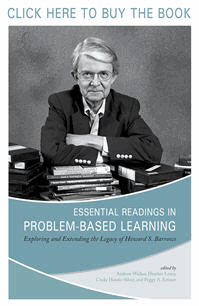Abstract
Current theories and models of education often argue that instruction is best administered when knowledge is situated within a context. Problem-based learning (PBL) provides an approach to education that has particularly powerful affordances for learning disciplinary content and practices by solving authentic problems within a discipline. However, not all implementations of PBL have been equally successful at fostering such learning, and some argue that this form of instruction is beyond the capabilities of novices. We revisit the theoretical foundations of PBL and call on the theoretical foundations of case-based reasoning (CBR) to help us identify the reasons many PBL implementations do not succeed as well as expected. Based on that analysis, we suggest priorities for facilitator scaffolding during PBL, ways well-curated case libraries can expose novices to new experiences and help them direct attention to important variables that require additional investigation, and ways case-authoring tools can help foster the kinds of reflection needed for learning from problem-solving experiences. Finally, we discuss challenges that, if addressed, will support even more effective PBL implementations.
Recommended Citation
Tawfik, A. A.
,
&
Kolodner, J. L.
(2016). Systematizing Scaffolding for Problem-Based Learning: A View from Case-Based Reasoning. Interdisciplinary Journal of Problem-Based Learning, 10(1).
Available at: https://doi.org/10.7771/1541-5015.1608




